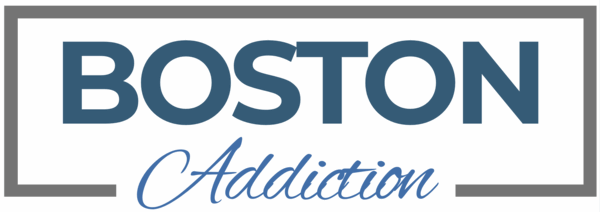Trauma Treatment
Trauma Treatment at Boston Addiction: Real Healing Starts Here
At Boston Addiction, we recognize how deeply trauma can disrupt a person’s life—physically, emotionally, and mentally. That’s why our trauma treatment programs are intentionally designed to support healing at every level. We provide a safe, supportive environment where individuals can process past experiences, build resilience, and take meaningful steps toward recovery. Our team uses evidence-based therapies alongside holistic care to ensure every treatment plan is tailored to the individual.
Understanding Trauma and Its Many Forms
Trauma isn’t always one specific event—it can stem from a variety of life experiences. Some of the most common sources include:
- Physical or sexual abuse
- Neglect or emotional abandonment
- Domestic violence
- Combat and military-related experiences
- Accidents and natural disasters
- Medical trauma or serious illness
- Loss of a loved one
- Witnessing violence or disturbing events
Trauma impacts how we think, feel, and relate to the world. It can leave us feeling unsafe, reactive, or emotionally stuck. At Boston Addiction, we take time to understand each person’s history so we can guide them toward lasting change.
Personalized Assessments and Targeted Treatment Plans
Healing begins with clarity. Our clinicians conduct comprehensive assessments to better understand the nature and severity of your trauma. This includes exploring symptoms, identifying triggers, and evaluating how trauma has affected daily life. With this insight, we develop a treatment plan that meets your needs—not a one-size-fits-all approach, but one rooted in your experiences and goals.
Proven Therapies That Make a Difference
Our trauma-focused treatment plans rely on trusted, evidence-based approaches:
- Trauma-Focused Cognitive Behavioral Therapy (TF-CBT): Helps individuals reframe harmful thought patterns and develop healthy coping strategies.
- Prolonged Exposure Therapy: Assists in safely confronting and reducing the emotional power of traumatic memories.
- Dialectical Behavior Therapy (DBT): Offers tools for emotional regulation, mindfulness, and distress tolerance—especially valuable for intense or reactive emotional states.
Medication Support When Needed
Some trauma-related symptoms—such as anxiety, depression, or insomnia—can be severe. In these cases, our medical team may recommend medication as part of a broader treatment plan. We approach medication with care, always weighing benefits against side effects and involving the patient every step of the way.
Holistic Healing for the Mind and Body
Because trauma affects the whole person, we offer integrative, wellness-based services to complement clinical care:
- Mindfulness and meditation to help calm the nervous system
- Yoga and movement therapy to reconnect with the body and release tension
- Art therapy to express feelings beyond words
- Massage therapy for physical relaxation and emotional balance
- Equine-assisted therapy (available through referral) to build trust, confidence, and connection
These offerings support emotional growth, reduce stress, and encourage a deeper sense of self-awareness throughout the recovery process.
The Power of Community: Group and Family Support
Healing is easier when you’re not doing it alone. Group therapy allows individuals to share their stories, learn from others, and feel seen and understood by people who’ve walked a similar path.
We also know trauma affects families. That’s why we offer family therapy and educational sessions that strengthen relationships, improve communication, and help loved ones play a positive role in the recovery process.
Coping Skills That Last
Learning how to manage trauma symptoms in real time is a major part of recovery. We help clients build a toolkit of practical skills, including:
- Grounding techniques
- Breathwork and relaxation methods
- Emotion regulation strategies
- Stress reduction tools
These techniques give individuals more control in difficult moments and help prevent relapse into harmful thought or behavior patterns.
Ongoing Care for Long-Term Recovery
Healing doesn’t stop after treatment ends. Our team provides aftercare planning that includes:
- Continued individual therapy
- Peer support and group options
- Community resources and referrals
- Follow-up appointments to check progress
Whether someone is transitioning back to daily life or facing new challenges, we’re here with consistent, compassionate support.
Why Boston Addiction?
Our trauma recovery program is grounded in compassion, expertise, and respect for every person’s journey. At Boston Addiction, we don’t just treat symptoms—we help people reclaim their sense of safety, identity, and purpose. With our personalized, integrative care, individuals move beyond survival and into meaningful, lasting recovery.
Start Your Healing Journey Today
If you or a loved one is living with the effects of trauma, don’t wait to reach out. Healing is possible, and we’re here to walk that path with you. Contact Boston Addiction today to learn more about our trauma treatment programs and take the first step toward a stronger, healthier future.

